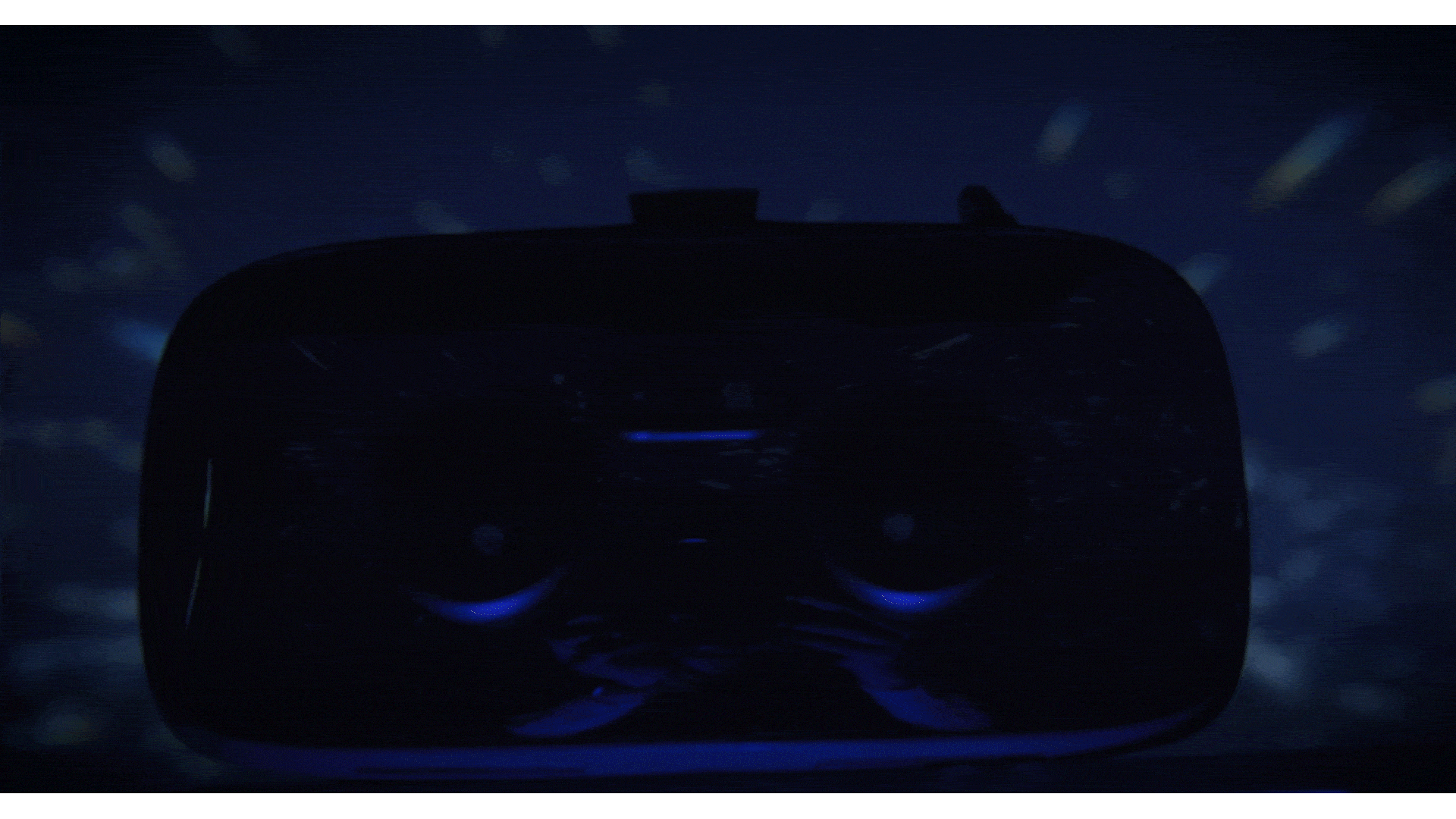The Importance of Tailor-Made VR
At AP3D, we specialise in creating bespoke virtual reality (VR) solutions for academic and clinical researchers. Our mission is to provide researchers with tools that truly align with their unique goals, rather than forcing them to adapt their projects to pre-existing, one-size-fits-all software platforms.
In our experience, many VR technology companies design products with broad use cases in mind, often attempting to pigeonhole researchers into rigid software categories. While this approach may work for some applications, it fails to address the nuanced needs of researchers who require precision, adaptability, and innovation in their work. Here’s why custom VR experiences are a game-changer for research:
Addressing Unique Research Goals
Every research project is different. Whether it’s exploring neural responses to virtual environments or simulating clinical procedures, each study comes with its own set of variables, parameters, and requirements. Off-the-shelf VR software often imposes limitations, forcing researchers to compromise on their methodologies.
Custom VR experiences, on the other hand, empower researchers to define the parameters of their study. We collaborate closely with our clients to ensure every detail—down to the finest calibration of user interactions and data capture—is tailored to their specific objectives. This precision is key to generating meaningful results and advancing research.
2. Greater Flexibility in Experiment Design
Pre-packaged VR software is often designed to cater to the most common use cases, leaving little room for customisation. This rigidity can stifle creativity and hinder researchers from exploring novel hypotheses.
A tailor-made VR solution provides unparalleled flexibility. Need a dynamic environment that changes based on real-time user input? Or perhaps an immersive experience that integrates seamlessly with biometric devices? No problem. Custom-built VR experiences can evolve alongside the research, adapting to new insights and emerging requirements without the constraints of pre-set functionality.
3. Improved Participant Engagement
In clinical and academic research, participant engagement is critical. A poorly designed VR experience can lead to frustration, dropouts, or unreliable data. Off-the-shelf solutions are rarely designed with the specific needs of a target participant group in mind, whether it’s children, elderly individuals, or patients with specific medical conditions.
By creating tailor-made VR environments, we ensure that every aspect of the experience—from navigation to sensory input—is designed to be intuitive, accessible, and engaging. This results in more reliable participation and, ultimately, better research outcomes.
4. Enhanced Data Collection & Analysis
Effective research hinges on robust data. While general-purpose VR software may provide basic data collection tools, they are rarely equipped to handle the complex requirements of academic or clinical studies. Custom VR solutions allow researchers to define exactly how data is collected, processed, and analysed.
At AP3D, we work with researchers to integrate advanced data capture technologies, such as eye tracking, physiological monitoring, and interaction logging, ensuring that no insight is missed. Tailored solutions also enable seamless integration with existing research workflows, saving time and reducing errors.
5. Cost-Effectiveness in the Long Term
A common misconception is that custom VR experiences are prohibitively expensive. While initial development costs may be higher than purchasing a pre-made solution, the long-term benefits often outweigh the investment. Tailor-made VR solutions eliminate the need for costly workarounds, licensing fees, and compromises in research quality. Moreover, they can be designed with scalability in mind, allowing for future use in new studies or applications.
6. Supporting Groundbreaking Innovation
The freedom to create custom VR environments opens the door to groundbreaking research. Imagine the possibilities: immersive simulations for medical training, personalised therapies for mental health conditions, or interactive environments for studying behaviour. These aren’t just ideas—they’re projects we’ve had the privilege of bringing to life for our clients.
Conclusion
At AP3D, we believe that researchers deserve tools that empower, not constrain, their work. Tailor-made VR experiences bridge the gap between technology and research goals, enabling academics and clinicians to push the boundaries of what’s possible.
If you’re looking to break free from the limitations of generic VR software and explore the full potential of custom virtual environments, let’s start a conversation. Together, we can design a VR solution that aligns perfectly with your vision and research needs.
Contact us to learn more about our services and how we can help you transform your research with bespoke VR solutions.


